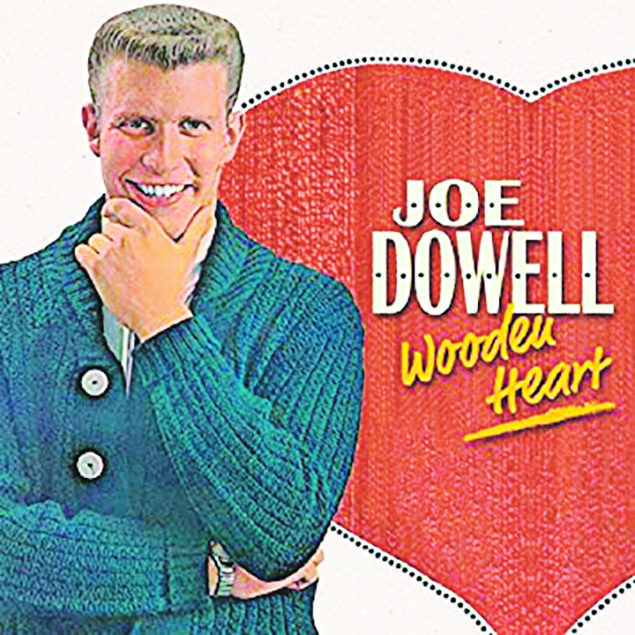
Commercial songs playing on our favorite radio stations have been with us since the 1930’s. If I tell you Pepsi Cola had one of the most original and successful of the advertising songs back then, it may not mean much to you.
But their singing commercial was so effective, Pepsi kept playing the same song and lyrics for years and years.
Pepsi Cola hits the spot
12 full ounces, that’s a lot
Twice as much for a nickel, too
Pepsi Cola is the drink for you
CHORUS: Nickel, nickel, nickel, nickel, nickel…
Songs like the above advertising ditty are called jingles in the business. For Pepsi, it was more like an anthem. And they kept it going for a long, long time before adopting more modern versions. Reason: it worked … and how! Nickel, nickel was translated into 55 languages and was once played at Carnegie Hall.
The song is cute, but the way it sells the soft drink – telling you what it tastes like, the reason why people drink it, and advising you it’s a bargain – that is topflight advertising. Positioning is what they call it. The Pepsi jingle told a product story and gave you the advantages of buying it – all in about 15 seconds.
I got a good education in the creation and selling of jingles when I was working as an account executive in broadcasting at WMVO Radio in Mount Vernon, Ohio. It was my sixth year in the business. Fortunately, my boss was a progressive thinker who was always exploring ways to improve the station’s sound. At a radio convention, he got wind of a person who created commercial songs for advertisers. We knew we weren’t going to get a full orchestral arrangement and expect jingles like the Hi-Lo’s sang for Hertz Rent-A-Car (“Let Hertz put you in the driver’s seat”) or Lou Rawls warbled for Budweiser.
But what about a commercial song sung by a guy with an amiable voice? If he could produce a sound that was believable and pleasing to the ear, we could suddenly offer our clients a better advertising product.
And, that brings me to the Troubadour. His name was Joe Dowell, and he had a hit record under his belt, covering for Elvis Presley with Wooden Heart, which became a hit in 1961. Joe sounded good, looked good, and most of all we could afford him. He was tall, handsome and carried his trusty guitar.
I lined up our best clients for Joe’s visit: the bank, an auto dealer, a local supermarket and a tire store. I sent Joe a description of the clients’ products and services, and he put it all into song and verse for the presentations. If the advertiser brought up a new service, Joe was good enough to work it into the routine. We made four presentations and closed three sales.
Joe Dowell was 28 years old when I met him in ‘68. He had rocketed to the charts with the Elvis hit, but never had another one with Mercury Records. He then shifted his career to radio production. Dowell passed away in 2016.
Bob Goldstein is a retired broadcaster who has lived in South Florida for more than forty years. He is a veteran political activist (southdadedems.com) and a member of the South Florida Writers Association. If you’d like to comment on Bob’s columns, send your response by email to robertgrimm62@yahoo.com.






